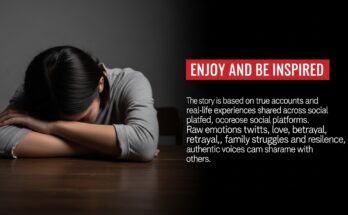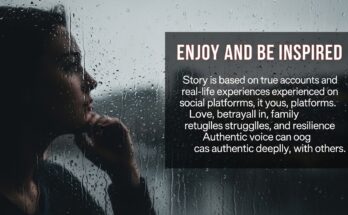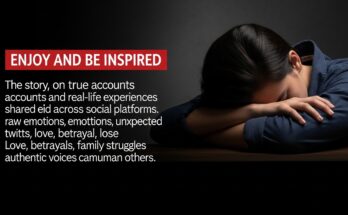Some statements are so shockingly ignorant they make you wonder if the speaker has ever truly opened a book. Not just skimmed words, but wrestled with ideas, history, or empathy. When someone dismisses climate change as a “hoax” or claims “slavery wasn’t that bad,” it isn’t just misinformation—it’s willful neglect, the kind that flourishes in the absence of reading and reflection.
Books are more than facts; they’re lived experiences, moral struggles, and uncomfortable truths. To say, “I don’t see color” may sound kind, but it erases centuries of racial struggle. To argue “women had it easier back then” ignores the countless authors who documented oppression and resilience. Even everyday nonsense—“If we evolved from monkeys, why are there still monkeys?”—betrays a lack of basic scientific literacy that a single chapter could clear up.
These phrases aren’t just cringeworthy—they reveal what’s lost when we stop reading. Books demand thought, spark empathy, and challenge complacency. When people speak with confidence but empty understanding, it’s not just ignorance—it’s a reminder to pick up a book and actually learn.


